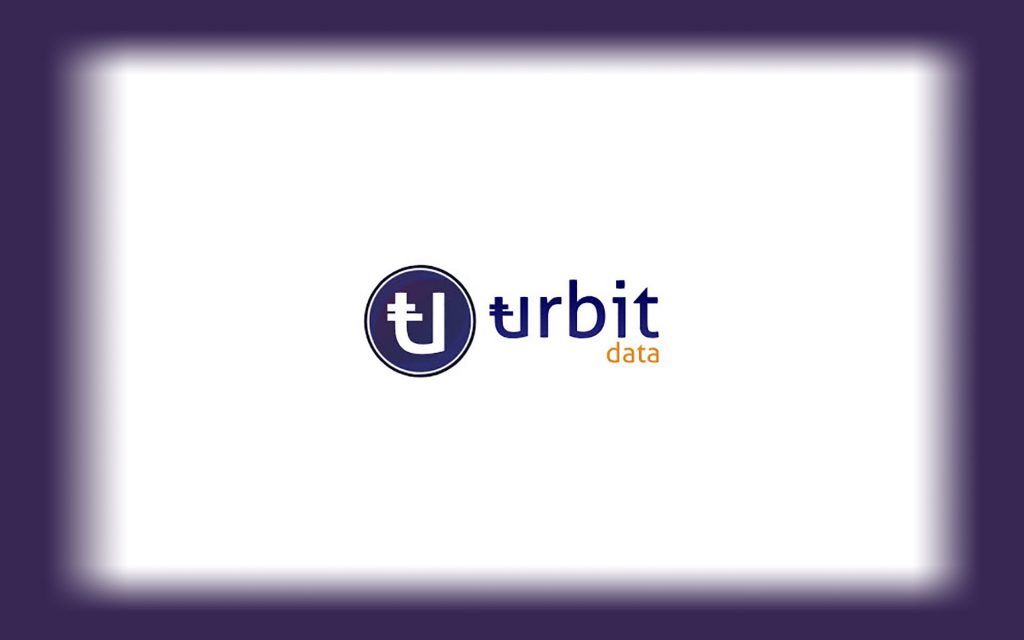
An a16z and Peter Thiel-backed startup, Urbit, yesterday introduced a new set of tools for its decentralized personal server platform.
Called OS 1, the new app comprises a group messaging app, a message board, a note-taking system, and several simple apps, like a clock or a weather meter. The system is composed of clean white squares and unobtrusive lists.
“OS 1 is somewhere between ‘productivity software’ and a ‘social network’,” Urbit’s developers said, adding, “We think it’s the beginning of an altogether new breed of social computing.”
The chat system is built with privacy in mind. “When you DM with people, messages are sent peer to peer. The system is, in fact, decentralized and pseudonymous by default. No one knows anything about you outside of your Urbit ID,” wrote the developers.
The purpose of Urbit is to host servers not on centralized infrastructure like Amazon Web Services, but on a decentralized network. It is a network of personal cloud computers; since individuals run their own servers, they don’t have to rely on centralized infrastructure.
The network on which Urbit operates is a decentralized, encrypted, peer-to-peer protocol.
It comprises a virtual machine called “Nock;” an operating system, “Arvo;” a programming language, “Hoon;” and a peer-to-peer network, “Ames.”
Each person on the network is identified by their Urbit ID, a short name that one can own with a private key. Users’ IDs are stored on the Ethereum blockchain (though this is the only part of the network that uses Ethereum.)
Its creator, Curtis Yarvin, is controversial for his beliefs in the Dark Enlightenment, a political movement that claims to oppose democratic, egalitarian and liberal values.
The movement, which many refer to as part of the alt-right, considers society to be in material and moral decline; the world is divided into racially-based microstates, where the free market separates the elites and “refuse” populations. Yarvin has since left Tion, the San Francisco-based company that makes Urbit.























